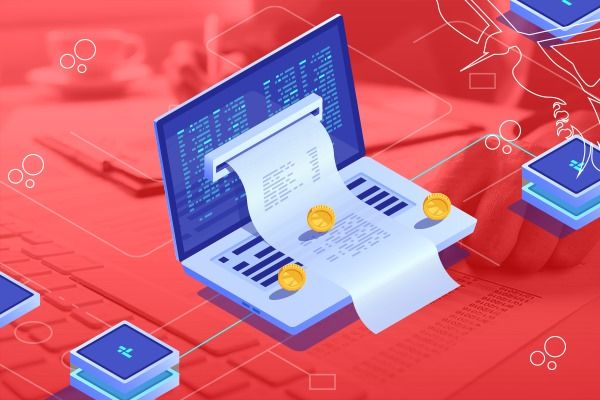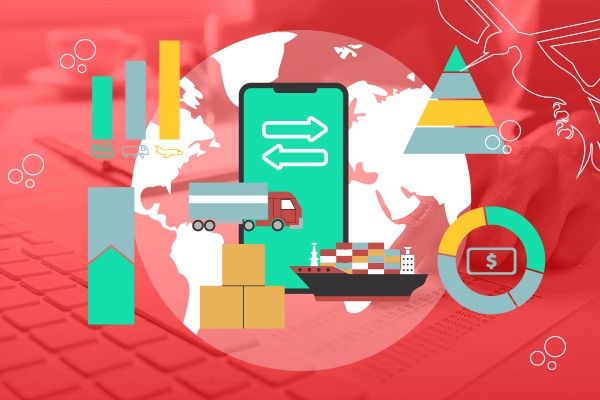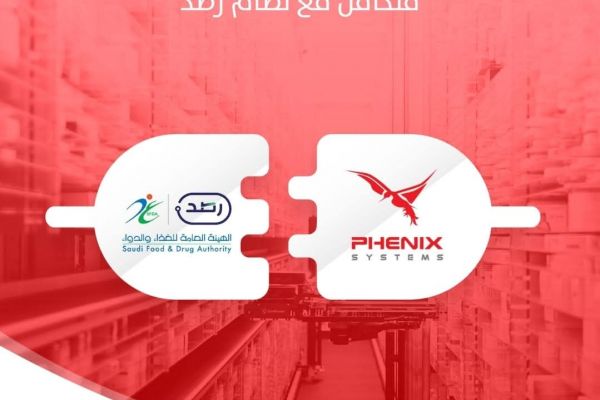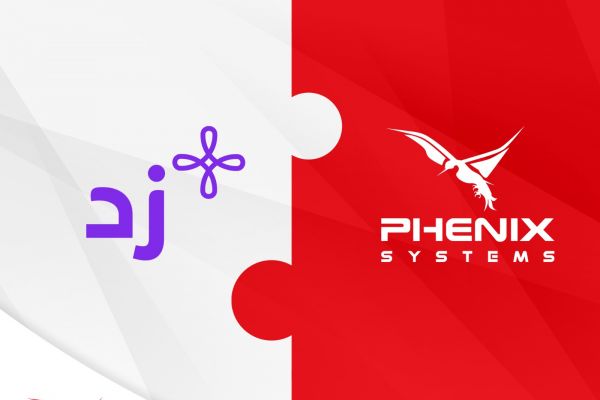The digital transformation and the tremendous advancements in information technology witnessed in recent decades have brought about a radical revolution in all aspects of human life. Among the sectors greatly affected is the field of accounting and administrative work, where manual processes have been replaced by integrated accounting systems and modern technologies.
What is the digital transformation of accounting?
Digital transformation in accounting refers to the use of digital and modern technology to improve accounting and financial management processes within enterprises and companies. This includes adopting modern technologies such as artificial intelligence, automation, and data analysis to enhance the efficiency and accuracy of financial reports, simplify daily operations, and improve strategic decision-making.
Additionally, digital transformation in accounting involves transitioning from traditional manual systems to digital systems, making financial data and information available more quickly and accurately through the use of cloud-based accounting applications and modern technology for financial data integration.
The goal of digital transformation in accounting is to enhance efficiency, and accuracy, and provide greater capability for making data-driven financial decisions. Digital technology plays a fundamental role in transforming accounting processes.
What are the main technological developments that have impacted the digital transformation of accounting?
Accounting operations have undergone a significant transformation due to rapid technological advancements, which have brought about radical changes in accounting and greatly affected the way financial information is analyzed and managed. Some of the key technological developments include:
-
Firstly: Automation
The use of modern techniques for automatically inputting, collecting, and processing financial and accounting data has significantly simplified accounting and financial operations. It has reduced the burden on accountants by automating most of the routine tasks that traditionally require a long time. This has replaced traditional accounting methods with sophisticated programs and tools, helping companies achieve more efficiency and accuracy by reducing potential human errors and saving time and effort in verifying financial data, thereby contributing to achieving a higher level of security and speed in accounting operations.
-
Secondly: Cloud Computing
The emergence of cloud computing has integrated with accounting operations, allowing accountants to access financial data from anywhere at any time. This not only saves time but also reduces the risks of errors and data loss. Additionally, using cloud technology makes it easier for companies to manage their financial affairs and maintain accurate records.
-
Thirdly: Mobile Device Applications
Another important technological development that has impacted accounting in the digital age is the increasing use of smartphones and tablets. Companies can now access their financial information through dedicated applications from anywhere at any time. These applications also allow companies to scan and upload receipts, track expenses, and reconcile financial data in real-time, making accounting operations more efficient.
-
Fourthly: Artificial Intelligence Techniques
Another important technological development that has impacted accounting operations is the presence of artificial intelligence and machine learning. These technologies have significantly improved the accuracy and speed of accounting operations by automating repetitive tasks. For example, AI-powered systems can perform complex calculations and classify expenses, saving accountants a lot of time and effort.
What are the benefits of digital transformation in accounting?
Digital transformation in accounting refers to the integration of digital technologies into traditional accounting processes and methods. These technologies include cloud computing, artificial intelligence, data analytics, and process automation. Some of the key benefits of digital transformation in accounting are:
-
Increased efficiency and productivity:
Digital technologies have allowed for quick data input, enabling accountants to complete tasks accurately within a short period. For example, cloud-based accounting software provides access to financial data from anywhere at any time.
-
Cost savings:
Traditional manual methods require significant resources such as paper, printing, and storage. Digital technologies significantly reduce these costs by eliminating paper-based processes. Additionally, cloud-based accounting software eliminates the need for expensive hardware and IT support, making it more cost-effective for companies, especially small and medium-sized businesses.
-
Improved customer relationships:
Digital technologies have facilitated collaboration between accountants and their clients, leading to a more transparent and trusting relationship with high transparency.
-
Enhanced accuracy of financial reports:
Digital technologies have reduced human errors in accounting and data entry through process automation. For example, accounting software can perform complex calculations with a high degree of accuracy.
-
Improved decision-making processes for companies:
Access to real-time financial data and advanced data analysis tools allows accountants to provide more valuable insights and analyses to business leaders, enabling them to make timely and informed decisions, thus improving business performance.
-
Enhanced data security:
Digital technologies provide enhanced security measures, such as encryption and firewalls, to securely store financial data, protecting companies from fraud and data theft that are common with traditional methods of storing sensitive financial data in designated locations.
What are the main challenges in the digital transformation of accounting and how to overcome them?
Despite the significant benefits that technology offers in accounting, it also presents new challenges. Accountants and financial managers need to learn how to deal with this new technology, secure their financial data, and maintain its privacy. It is also important to update policies and procedures to adapt to modern technology, including:
-
Traditional accounting methods are deeply ingrained in the minds of professionals, making it difficult for them to adapt to new methods. It is important to view digital transformation not as a threat. but as an opportunity to enhance skills and focus on higher-value tasks. This can be achieved by providing appropriate training and skill improvement opportunities, and employers should foster a positive mindset towards change by highlighting the benefits of digital transformation, such as increased efficiency and reduced errors.
-
With the increase in online transactions and cloud-based accounting software, the risk of cyber-attacks and data breaches has also increased. This can lead to loss of sensitive financial information and damage to a company's reputation and financial consequences. Therefore, accounting firms must ensure that their employees are trained in data security protocols and implement strict access controls to mitigate data breach risks.
-
• The multitude of available software in the market can make it difficult for organizations to determine the most suitable program for their needs and how to seamlessly integrate it. This can lead to data inconsistencies and make it difficult for accountants to provide accurate financial reports. To overcome this challenge, organizations must consult with software specialists to identify the best software solutions for their specific requirements. It is also essential for organizations to invest in software that allows easy integration with other accounting tools to ensure smooth data flow.
In conclusion:
Technology has a profound and comprehensive impact on the field of accounting. Technological advancements have improved the efficiency of accounting processes, enhanced the accuracy of financial data, and provided easy access to information and financial analysis. However, this transformation also brings several challenges.
Digital transformation in accounting can be a fundamental pillar for success in the business world by utilizing modern technology. It can be a key to achieving excellence and innovation in the fields of accounting and financial management.







Comments (0)